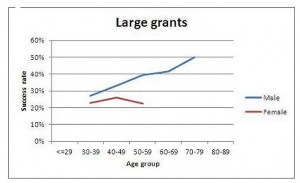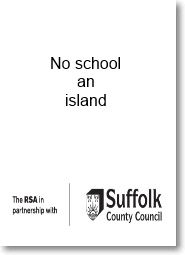The Science Museum Group have just launched the first issue of their bi-annual on-line journal. ![]() See the first edition here.
See the first edition here.
A collaboration between the Science Museum (London), the Museum of Science & Industry (Manchester), the National Railway Museum (York) and the National Media Museum (Bradford). The Group has achieved Independent Research Organisation (IRO) status with major UK Research Councils.
The Science Museum Group Journal is an open access publication. Designed to be freely available to all readers and ‘knowledge distributors’…( a conversationsEAST concept? Ed.) The articles can be freely copied and adapted, as long as the appropriate attribution is given, under the terms of the ![]() Creative Commons Attribution licence.
Creative Commons Attribution licence.
(Care should be taken of course, if the articles contain imagery or data that is subject to copyright by other individuals or organisations).
Ian Blatchford, Director of The Science Museum, writing in this first issue opines…
Academic publishing is going through a period of extraordinary change and its future is somewhat uncertain, but the Science Museum Group Journal takes advantage of being born in a digital age, with all the opportunities that this offers. One of the greatest of these, perhaps, is the ability to share our extraordinary library of images, film and multi-media, not just as wallpaper but as an important and often beautiful primary source in its own right…
Reading the first issue a couple of articles shone out for us as a wonderful way to use the internet to contextualise history.
Florence Grant, a post-doctoral researcher at Yale Centre for British Art writes about George Adams assembling large amounts of ‘philosophical instruments’ for George III in the 1760’s.
The illustrations in the piece echo the research findings about the importance of using old engravings in the design process for new instrumentation – cutting and pasting in the modern vernacular…long before Microsoft Word. ![]() Read more here…
Read more here…
Similarly, Alice Cliff’s piece on William Bally and his phrenological specimens uses graphics to effect, helping us understand the variety and scope of this Manchester made 3D archive.
The article reveals that Bally used ![]() a pantograph to create his specimens. A piece of equipment well known to sign makers in the mid 20th century before the arrival of the micro-chip and the keyboard.
a pantograph to create his specimens. A piece of equipment well known to sign makers in the mid 20th century before the arrival of the micro-chip and the keyboard. ![]() Read more here…
Read more here…
We enjoyed exploring the first issue of this new journal – academically sound, rigorously produced and open to all. If we may be permitted a thoroughly unprofessional salutation…way to go Science Museum Group!




